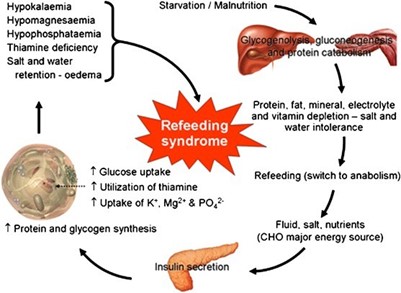The nurse provides care for clients in the pediatric clinic. The nurse understands that according to Erikson Stages of Psychosocial development, trust and significant early attachments develop during which time period?
Birth to 18 months
3 to 5 years
6 to 12 years
2 to 3 years
The Correct Answer is A
According to Erikson's Stages of Psychosocial Development, the first stage is Trust vs. Mistrust, which occurs during the first 18 months of life. During this stage, infants learn to trust their caregivers and develop a sense of security and comfort in their environment. This is accomplished through consistent and responsive caregiving, including meeting the infant's physical and emotional needs.
Therefore, it is crucial for the nurse to understand the importance of building trust and significant early attachments during the first 18 months of life to promote healthy psychosocial development in pediatric clients.
Nursing Test Bank
Naxlex Comprehensive Predictor Exams
Related Questions
Correct Answer is C
Explanation
When a client is admitted with an involuntary status, it means that the client did not consent to the admission and was likely admitted due to being a danger to themselves or others. This can lead to increased stress and anxiety for the client, so the nurse should closely monitor the client for signs of severe anxiety and stress.
Options a, b, and d are not appropriate interventions for a client admitted with an involuntary status.
Option a is more appropriate for a client with a history of opioid use.
Option b is more appropriate for a client with a history of violence or aggression towards family members.
Option d is more appropriate for a client with a history of methamphetamine use.
Correct Answer is D
Explanation
Refeeding syndrome is a potentially life-threatening condition that can occur when a person with anorexia nervosa begins to eat again after a period of starvation. It is important for the nurse to closely monitor the patient for signs of refeeding syndrome, such as electrolyte imbalances and fluid overload, as the patient begins to gain weight.

Whether you are a student looking to ace your exams or a practicing nurse seeking to enhance your expertise , our nursing education contents will empower you with the confidence and competence to make a difference in the lives of patients and become a respected leader in the healthcare field.
Visit Naxlex, invest in your future and unlock endless possibilities with our unparalleled nursing education contents today
Report Wrong Answer on the Current Question
Do you disagree with the answer? If yes, what is your expected answer? Explain.
Kindly be descriptive with the issue you are facing.
